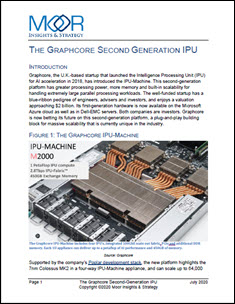August 11, 2021 — Transboundary aquifers, which are deep subsurface water sources shared by multiple countries, have long been a critical source of water for communities along the borders of the U.S. and Mexico. Recent decline in water levels and quality – coupled with increased use – provoked concern regarding long-term sustainability of several transboundary aquifers shared by the U.S. and Mexico.
To better understand the underlying issues and assist with solutions, the National Science Foundation (NSF) has awarded funding as part of its Accelerating Research through International Network-to-Network Collaborations (AccelNet) program, which will connect U.S. and international networks of hydrology, social science, data science and systems science to establish a novel transboundary groundwater resiliency research approach.
Research Data Services Division Director Christine Kirkpatrick and Director of Spatial Information Systems Laboratory Ilya Zaslavsky, both at the San Diego Supercomputer Center, will be led by Sam Fernald, director of the Water Resources Research Institute at New Mexico State University (NMSU), on their AccelNet project to offer virtual activities such as workshops, peer mentoring programs, a transboundary water modeling course, and a user-friendly forum for interested researchers and citizen scientists to share information about issues surrounding transboundary aquifers.
“Of the hundreds of aquifers on our planet, only a few reside within the boundaries of a single sovereign nation. This poses challenges for applying traditional models of resource management because one country’s successes could be completely negated by the actions of bordering countries,” said Kirkpatrick. “Fortunately, those who are involved in water research and management at least on the U.S.-Mexico border tend towards cooperation no matter the politics above them. We are excited to bring focus on this much needed area of research that can only be furthered through collaboration and cooperation.”
Accelnet is slated to begin in October and run through September 2023. The project is funded by the NSF (award no. 2114718).
source: SDSC



